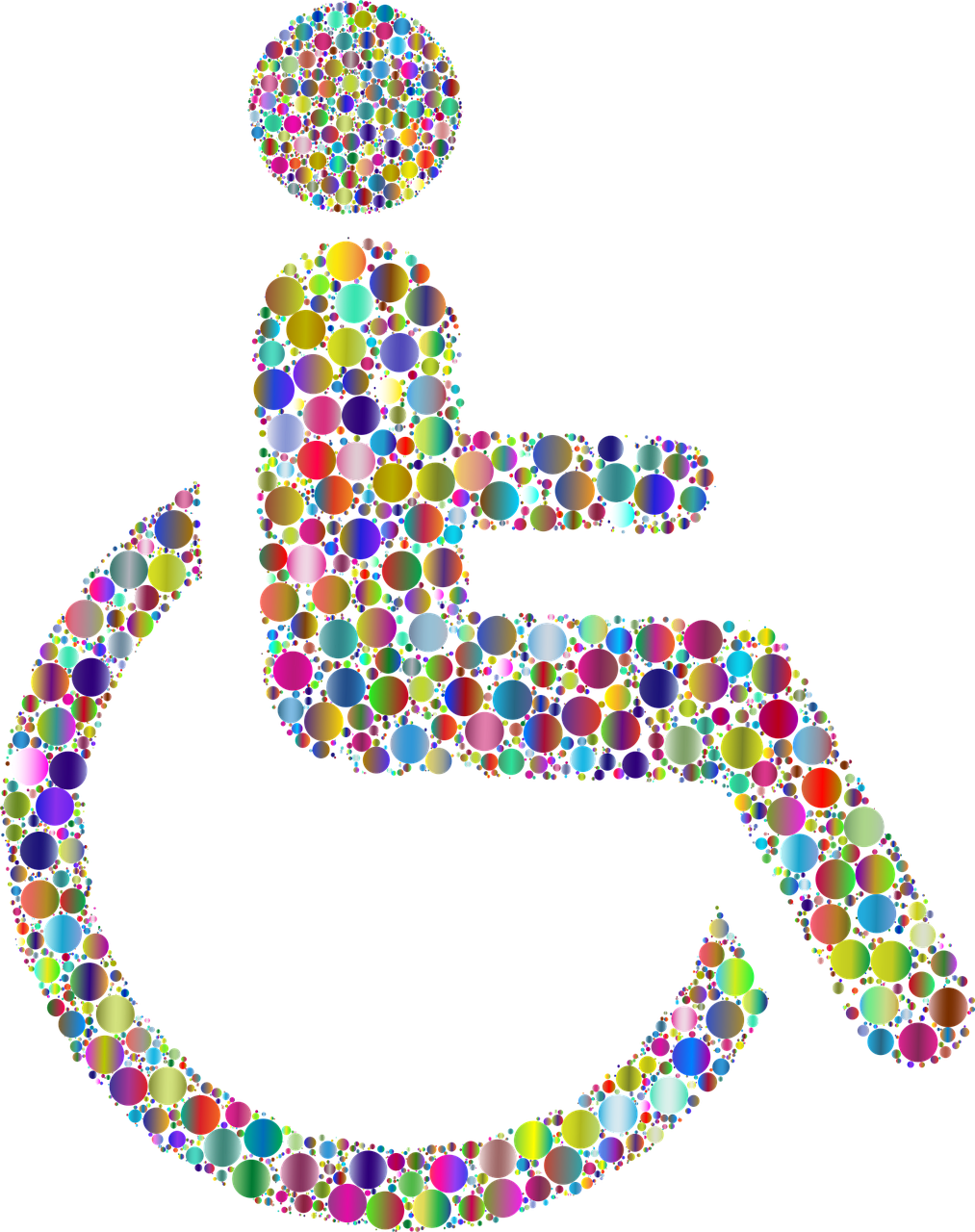International Day of Persons with Disabilities
International Day of Persons with Disabilities (IDPD) is a UN day that is celebrated every year on 3 December.
More than 1 billion people worldwide experience disability, and this number is growing, driven by increased numbers of people with noncommunicable diseases, who are also living longer and ageing with limitations in functioning.
The day is about promoting the rights and well-being of persons with disabilities at every level of society and development, and to raise awareness of the situation of persons with disabilities in all aspects of political, social, economic, and cultural life.

Launch of the WHO Global Report on Health Equity for Persons with Disabilities
The WHO joins the UN in observing this day each year, reinforcing the importance of securing the rights of people with disabilities, so that they can participate fully, equally and effectively in society with others, and face no barriers in all aspects of their lives.
At the 74th World Health Assembly in May 2021, Member States adopted resolution WHA74.8 on The highest attainable standard of health for persons with disabilities. One of the requests in the resolution, to the WHO Director General, was to develop a Global Report on the highest attainable standard of health for persons with disabilities by the end of 2022. In response to this request, WHO has developed the WHO Global Report on Health Equity for Persons with Disabilities in consultation with Member States and disability and health sector stakeholders.
Launched ahead of the International Day of Persons with Disabilities (3 Dec), the report shows the number of people with significant disabilities worldwide has risen, driven by increased numbers of people with noncommunicable diseases, who are also living longer and ageing with limitations in functioning.
Persons with disabilities face many health inequities: they die earlier, have poorer health and functioning, and are more affected by health emergencies than the general population.
These inequities in health outcomes cannot be explained by the underlying health condition or impairment, but by unfair and unjust factors, that are avoidable.
They are linked to inequitable health service delivery models, inaccessible public health interventions, and little consideration given to persons with disabilities during health emergency planning.
Read More
Last Update: December 2022



